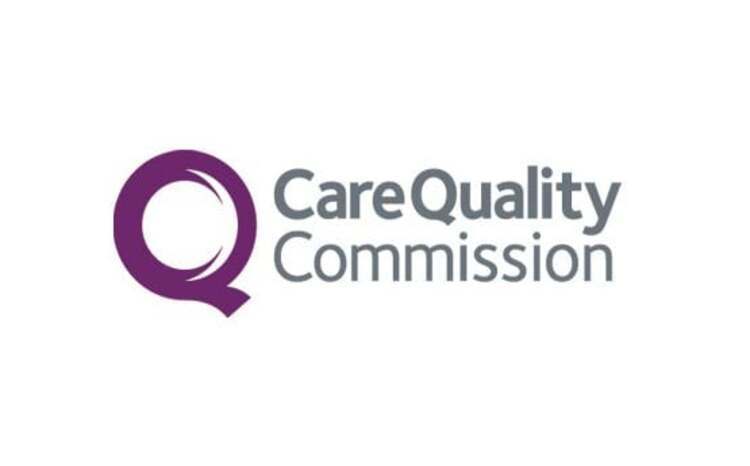CQC to begin inspecting how triage apps affect care

The Care Quality Commission (CQC) is to begin inspecting how the use of triage apps affect patient care.
New guidelines on how to assure inspectors that apps are being used appropriately were published last month, following legal advise that they should fall under the CQC’s jurisdiction.
They include proving staff have been trained and updated on any triage solutions; how a triage app would handle a solution that could become urgent; how the app is monitored to ensure it’s functioning as intended; and that they have assurances from the supplier that the apps are “safe and effective”.
Triage apps, like NHS 111, allow patients to self-report symptoms and receive advice on the next step, usually to see a GP or report to A&E.
Previously the CQC said any concerns over apps and medical software should be raised with the Medicines and Healthcare products Regulatory Agency (MHRA), but in a blog post in January, CQC chief inspector of general practice Steve Field said the regulator would begin inspecting their use.
“In September 2018, following legal counsel, it was agreed that CQC should consider triage apps as ‘ancillary activities’ where they are part of a pathway of care,” he wrote.
The CQC would explore how the triage apps are being used to make sure care is safe.
“As a regulator, it is important that we continually adapt our approach so that regulation takes account of the different ways that care is delivered to people, and our reports provide a clear picture of the care that people can expect,” he added.
Ruth Rankine, CQC deputy chief inspector of general practice, said the way people access services is changing and those who regulate care need to adapt too.
“As new systems develop, we need to make sure that people are still able to access the appropriate, high quality care that they deserve,” she told Digital Health.
“As a regulator, it is important that we continually adapt our approach so that regulation takes account of the different ways that care is delivered to people, and our reports provide a clear picture of the care that people can expect.”
Regulation of the safety of medical software will remain with the MHRA.
In January the CQC appointed it’s first executive level chief digital officer.
Mark Sutton, currently the technology director at charity Teach First, will join the CQCs board and executive team in April this year.




2 Comments
As a relative newbie to the NHS, I’m interested to see that the “Regulation of the safety of medical software will remain with the MHRA.” How does this regulation take place, and how can one see that a piece of software has passed it? Does it apply to in-house produced software too?
One question is, “How will triage apps affect the care of those who cannot or will not use them, or any equally inappropriate human equivalent?” Is compliance going to be yet another unacceptable condition of receiving NHS care? Disqualifying patients is one way of reducing demand for health services and of course bullying doesn’t come into it at all.
Comments are closed.